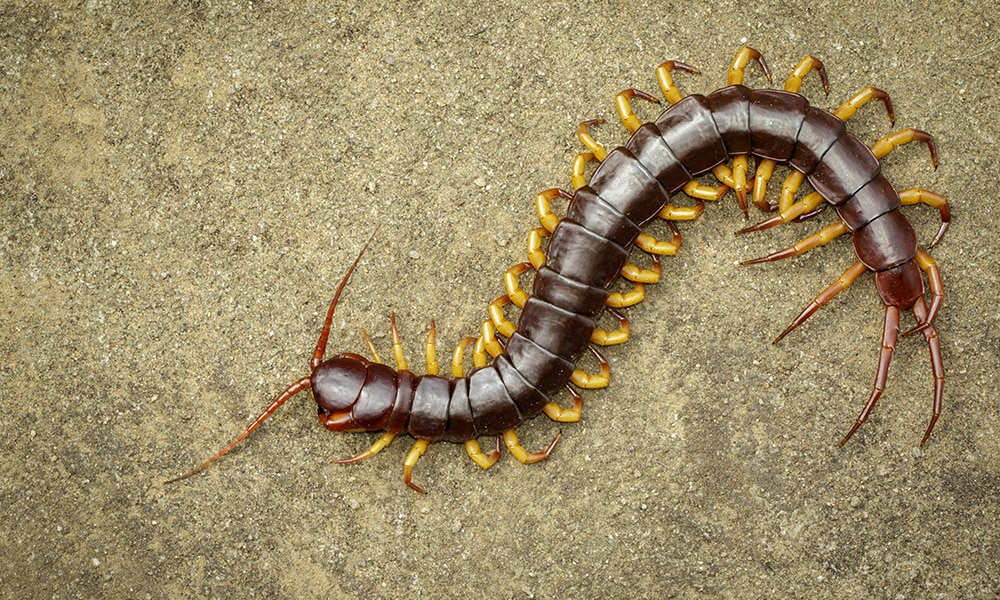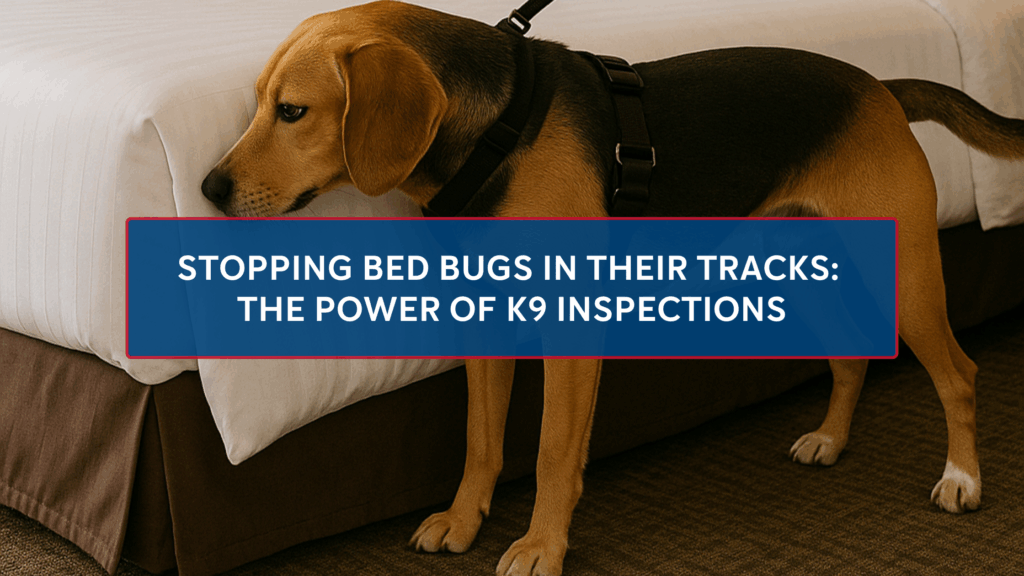Here’s What You Should Know
You may’ve been startled by them. You may have heard that you should never kill them. You might even like them. Centipedes are feared and, sometimes, misunderstood. These creepy crawlers can be a nuisance for Florida homeowners for a variety of reasons aside from their startling appearance. If they infest your home, it’s likely that other pests have set up residence there, too. Additionally, centipedes bite! The toxins they release with the bite are unpleasant, though they won’t kill you. Many people insist that if you see a centipede in your house, you shouldn’t kill it because it eats other more bothersome insects. While that is mostly true, no one really wants these multi-legged creatures crawling around their home or, even worse, biting its inhabitants. Here’s what you need to know about centipedes in Florida and how to handle them.
Contact Us for Free Pest Control Quote
Types of Centipedes
While a variety of centipedes call Florida home, the three most common that people encounter are house centipedes, Florida blue centipedes, and bark centipedes. Each of these centipedes can cause problems at your home, but some are more aggressive than others.
The Florida blue centipede resembles its name by being bluish-gray in color. These centipedes grow to be about three inches long and feature pincher-like fangs which contain poison ducts that deliver uncomfortable poison to their unlucky prey. If bitten by a Florida blue centipede, you’re likely to experience a sensation similar to that of a bee sting. Additionally, these pesky creatures can be pretty aggressive if they feel threatened.
The next most common, the house centipede, is one that many people are familiar with. This centipede has many long legs extending from its body which actually only measures about one inch. However, their long legs give the insect an overall length of three to four inches. This black and yellow pest will run when frightened and are not aggressive. They’ll attempt to hide rather than fight and only bit if picked up – which you should avoid.
Bark centipedes are brown in color with yellow legs. They grow up to two inches in length and have legs coming out of each segment of their body. These centipedes are quick and not aggressive. Again, you’ll likely only get bitten by one if you pick it up.
Where They Live and How to Know if You Have a Problem
Centipedes love dark, damp spaces like basements and bathrooms. People usually find them crawling along the floor or even in tubs and sinks. They enter your home through tiny cracks and crevices. If you have places with lots of moisture outside your home, they may find their way to these spots then into your house through a small space. Other pests that prefer damp places are prime targets for centipedes to feed on, so if you have one infestation you may have another. Since centipedes usually only come out at night, it can be challenging to determine whether you have a problem. Because they tend to stay in dark places, you may only know that you have a centipede infestation if you see them in your home. Your pets may also have bites, but since many species are not aggressive, the bites may be from other pests.
Extermination
While centipedes aren’t the worst or most destructive pest that can infest your home, they can still be a nuisance. Aside from the possibility of being bitten, just seeing these creepy crawlers skittering around your home can be unsettling. If you have seen one, then there are likely many, many more where that came from. One centipede can lay up to 55 eggs at one time! Once they’ve gotten in and started breeding, it’s hard to stop them on your own. Calling in the professionals, like the Turner Pest Control team, may be the most effective way to rid your home of these unwanted pests. Things like sealing cracks and entryways, removing debris inside and outside, and getting treatment for other pest problems in your home can help alleviate a centipede infestation. Since centipedes feed on other pests, getting rid of them removes the food source and can help in making your home a less attractive residence. Getting rid of pests requires professional help. Our team can assess your property and lay out a plan to control and exterminate a variety of pests, including centipedes and their food sources. Contact us today to find out more!




